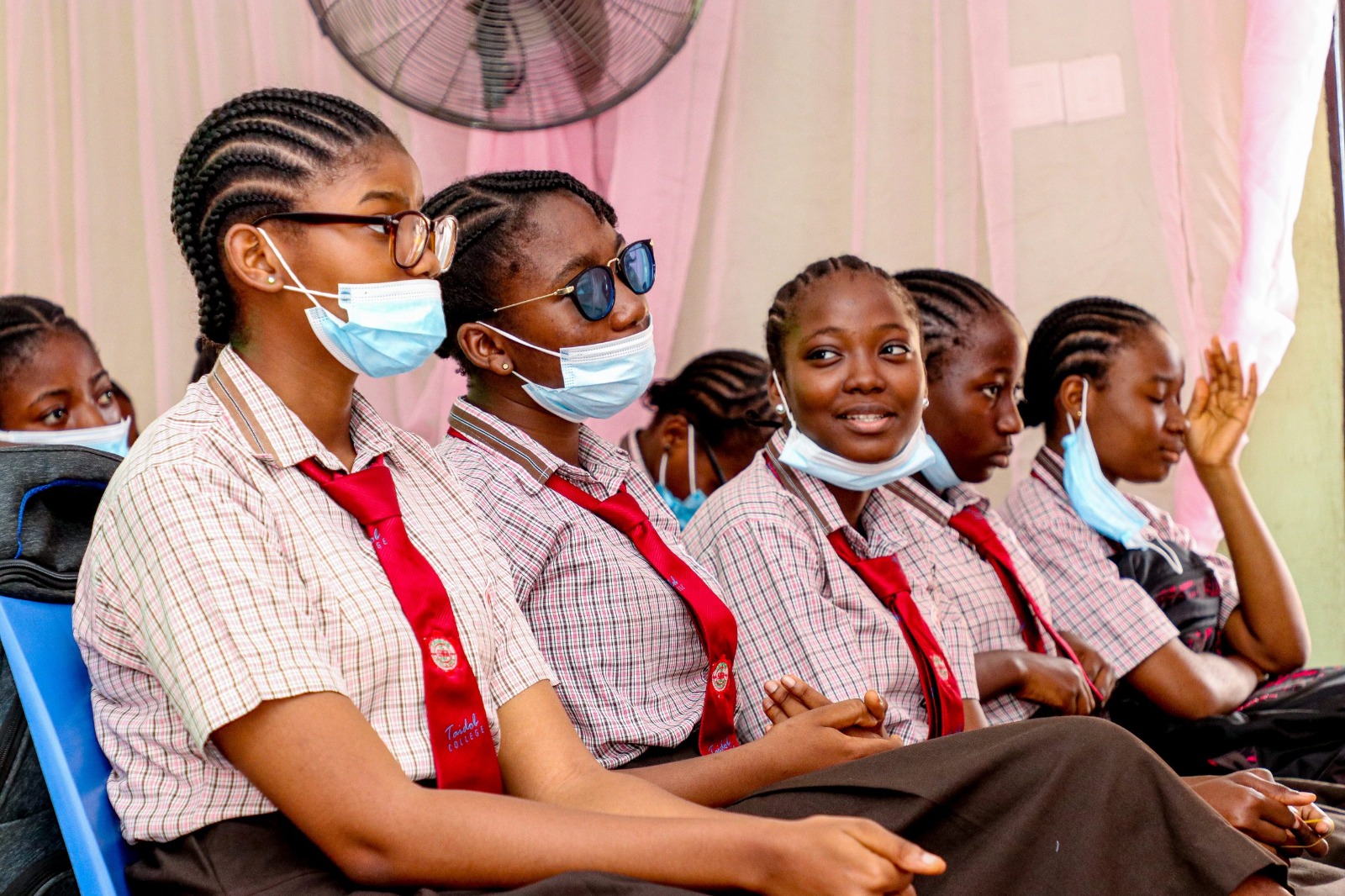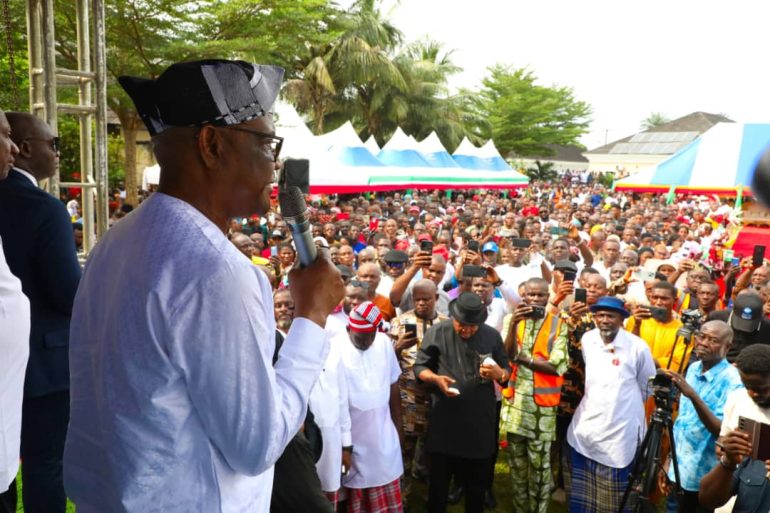Listeners:
Top listeners:
-
play_arrow
104.9FM Best rock music demo
-
play_arrow
Demo Radio Nr.1 For New Music And All The Hits!
-
play_arrow
Demo Radio Techno Top Music Radio
-
 play_arrow
play_arrow
Police Commissioner Launches Weapon and Riot Control Training for FCT Officers Democracy Radio

By: Osamoto Julian
Across Nigeria, young girls are stepping forward not just as victims of hardship, but as trailblazers shaping their own destinies.
As the world marks this year’s International Day of the Girl Child, themed “The Girl I Am, The Change I Lead: Girls on the Frontlines of Crisis,” focus has turned to how girls in conflict-affected and climate-vulnerable communities are driving change and demanding inclusion despite the odds.
Across several parts of the country, girls face multiple and overlapping challenges. Conflict has displaced thousands of families, leaving education uncertain. Climate change has brought droughts and floods that threaten livelihoods, while economic hardship continues to fuel early marriage and school dropouts.
Yet amid these crises, girls are organising, advocating, and leading local change.
They are demanding safe spaces, inclusion in decision-making, and equal opportunities for education and leadership.
Voices from the Frontlines
In Abuja, young activist Bernita Obert shared how she turned personal tragedy into social action through climate education and skill-building.
“We provide knowledge on climate change and practical steps to reduce, reuse, and recycle waste,” she said.
“We’re engaging students through workshops and teaching them to make reusable bags.”
Similarly, eco-champion Shukurat Akiola emphasized the importance of awareness and environmental education.
“It’s essential to educate people on climate change because natural disasters will happen,” she noted.
Protecting Girls, Protecting the Future
For Ayodeji Adelopo, Chief Program Officer at SOS Children’s Village, neglecting vulnerable children, especially girls without parental care — poses a national threat.
“Children without care are more vulnerable. Failure to protect them portends danger for society,” he warned.
Rhoda Robinson, Executive Director of HACEY, highlighted how cultural and structural barriers still restrict girls’ participation in crisis response and leadership.
“There needs to be safeguarding to ensure girls access education and are not used as economic tools by their families,” she said.
“We’ve taken girls off the streets and put them in school, but the government must do more.”
Investing in Girls’ Futures
Ronke Adeagbo, Founder of the AI Foundation, called for stronger policies on girls’ education, menstrual health, and access to digital technology.
“We need to invest in girls, scholarships in technology, confidence-building, and stronger laws against child marriage and FGM,” she said.
The Bigger Picture
As Nigeria reflects on this year’s theme, experts agree that empowering girls is not just a moral obligation, it’s a strategy for sustainable national growth.
Stakeholders are calling for greater investment in education, technology, and community leadership programmes that allow girls to lead transformation where it’s needed most, in their own communities.
“The girl I am, the change I lead,” they say, and across Nigeria, they’re proving it every day.
Written by: Toyeebaht Aremu
Similar posts
Copyright Democracy Radio -2024


